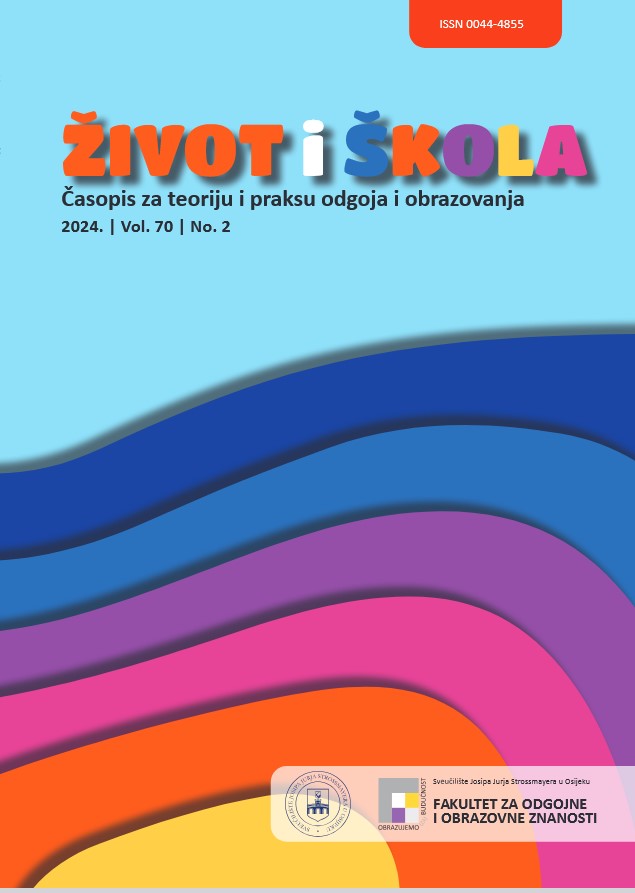WELL-BEING AS A PREDICTOR OF MATERIALISM IN CROATIAN PREADOLESCENTS
DOI:
https://doi.org/10.32903/zs.70.2.1Keywords:
materialism; well-being; preadolescents; parentsAbstract
Materialism can be defined as a belief that material possessions are essential for happiness and success. Given the increasing prevalence of materialism in the lives of preadolescents and its potential impact on preadolescent well-being, it is crucial to investigate the factors associated with materialism in this age group. This study aims to explore the possibility of explaining materialism in Croatian preadolescents aged 10 to 14 years based on their age and gender, frequency of parent-child conflict over purchases, parental permissiveness, and life satisfaction. The sample consisted of 332 preadolescents aged from 10 to 14 (M=12.32, SD=1.189), of which 184 were girls, and one of their parents who agreed to participate in the study and filled out the questionnaires that were provided to them. The results showed that the male gender, older age, more parent-child conflict over purchases, and more permissive parents, as well as lower life satisfaction, predict higher materialism. The model explains 21% of the variance in materialism, with almost 4% of this being contributed by life satisfaction after controlling for previous factors. This is an important finding because it points to the importance of individual psychological factors, such as well-being, for the development of materialism beyond the contribution of environmental factors.


